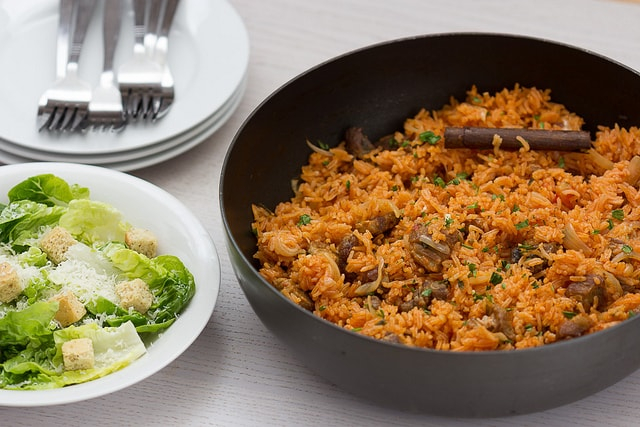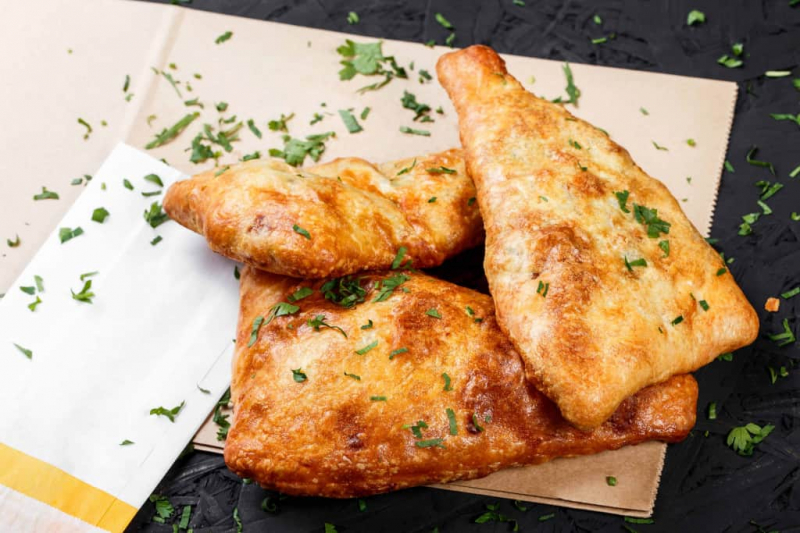Cuisine
Djiboutian cuisine combines Somali, Afar, Yemeni, and French traditions, as well as some South Asian (particularly Indian) culinary influences. A range of Middle Eastern spices, ranging from saffron to cinnamon, are often used in local recipes. A local specialty is grilled Yemeni fish that has been cut in half and baked in tandoori-style ovens. Spicy foods range from the classic fah-fah or soupe djiboutienne (spicy boiling beef soup) to the yetakelt wet (spicy boiled beef soup) (spicy mixed vegetable stew).
Xalwo (pronounced "halwo"), also known as halva, is a popular delicacy served at Eid festivities and wedding receptions. Sugar, corn starch, cardamom powder, nutmeg powder, and ghee are used to make halva. Peanuts are occasionally used to add texture and taste to dishes. Breakfast (quraac) is a significant meal for Djiboutians, who frequently begin their day with a cup of tea (shaah) or coffee (buna). The main meal is often lahoh, a pancake-shaped bread that can be served with a stew or soup like wat.
Lunch (qado) and supper (casho) are sometimes accompanied with an elaborate stew (maraq), which may be prepared in a variety of styles and tastes. During the afur, Djiboutian cuisine consumes sambusa, a Somali counterpart of the triangular samosa snack (iftar). Ground meat (typically goat) or fish are frequently used in the local version, which is seasoned with fiery green chili pepper.














